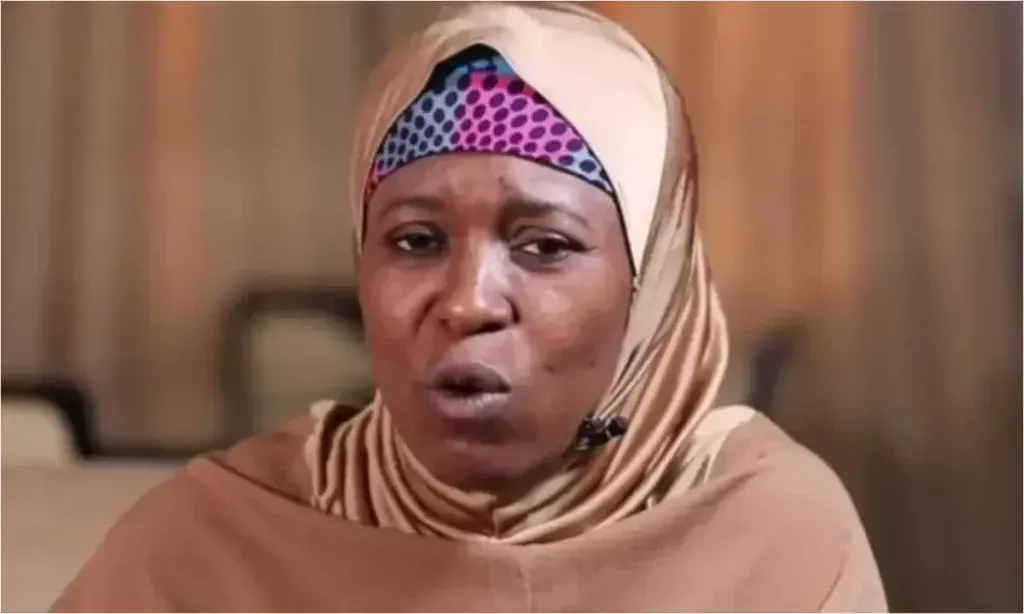The Federal Government of Nigeria has disbursed over ₦300 billion to 8.1 million households through its Conditional Cash Transfer scheme. This was disclosed by the Minister of State for Humanitarian Affairs and Poverty Reduction, Yusuf Sanunu, at a roundtable event marking the International Day for Disaster Risk Reduction in Abuja. Sanunu stated that the scheme, implemented by the National Social Investment Agency, has improved the resilience of local communities, enhancing their health, education, and overall capacity.
The minister also announced plans to provide interest-free loans totaling ₦6.3 billion to 21,000 Nigerians affected by flood disasters across the country. Each beneficiary is expected to receive over ₦300,000 to address the impact of flooding on farming and mitigate the ensuing crisis. This initiative aims to support affected communities in recovering from the devastating effects of floods.
In addition to the loan scheme, the government is working to empower displaced persons through a program that provides a ready market for their products. The minister explained that the government, in collaboration with the Federal Ministry of Agriculture, has initiated a scheme to provide 30% of the produce from internally displaced persons to the market, with the government purchasing the remaining 70%. The proceeds will be given to the internally displaced persons as a cash component, enhancing their economic stability.
The Director General of the National Emergency Management Agency, Zubaida Umar, emphasized the need for a proactive and preventive approach to disaster risk management. She noted that Nigeria, like many nations, faces increasing frequencies and intensities of disasters driven by climate change, conflicts, and technological risks. Umar stressed the importance of rethinking how to fund resilience, moving from reactive, ad-hoc funding to a multi-stakeholder financing architecture that supports prevention, preparedness, and sustainable recovery.
The roundtable event also marked the official launch of two landmark policy instruments: the NEMA Strategy Plan (2025–2029) and the National Disaster Risk Reduction Strategy (2025–2030). These frameworks aim to integrate disaster risk management into planning across all sectors, ensuring a risk-informed development approach. The event was attended by Vice President Kashim Shettima, lawmakers, and international partners, highlighting the government’s commitment to addressing disaster risk reduction and promoting resilience across the country.
The initiatives announced by the government demonstrate a significant effort to address the challenges faced by vulnerable communities in Nigeria. By providing financial support and promoting economic empowerment, the government aims to enhance the resilience of local communities and mitigate the impact of disasters. As the country continues to face the increasing threat of climate-related disasters, the implementation of these schemes is crucial in promoting sustainable recovery and development.



